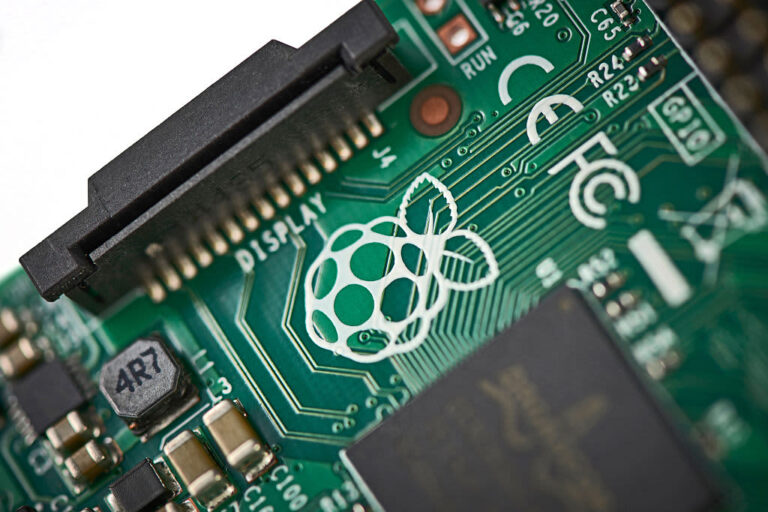Though small compared with other tech companies, the IPO could provide a boost to the struggling London Stock Exchange, which has been outcast by tech companies, who have preferred to list in other European countries and especially the United States.
Arm, a UK-based semiconductor design company under SoftBank, chose to list in the US last year.
A number of big names in the industry are backing Raspberry Pi, including Arm and Sony: last year, Sony Semiconductor Solutions, a subsidiary of Sony Corporation, invested an undisclosed amount in the British startup.
Raspberry Pi shares will enter “conditional trading” on Tuesday – this is the period during which certain investors, such as institutions, can start trading the shares on the LSE. Retail investors cannot buy or sell the shares at this time and will have to wait until unconditional trading begins on Friday.
Raspberry Pi’s IPO consists of 45.9 million ordinary shares sold by the company’s existing majority shareholder, Raspberry Pi Mid Co Limited (a wholly owned subsidiary of the Raspberry Pi Foundation), as well as 2.13 million ordinary shares sold by other shareholders and 11.23 million newly issued shares.
If demand grows further, a so-called over-allotment option would allow the Raspberry Pi Foundation to issue a further 4.6 million shares, which, if exercised, would bring the final offer value to £178.9 million.
Raspberry CEO Eben Upton founded the company in 2012 to make computing more accessible to young people, and the company’s single-board computers can be used for a variety of purposes.
While initially popular among enthusiasts, the company says 72% of its sales are targeted at the industrial market, such as for use in factories.
In 2023, Raspberry Pi’s revenue will be $265.8 million, up 41% from 2022.

